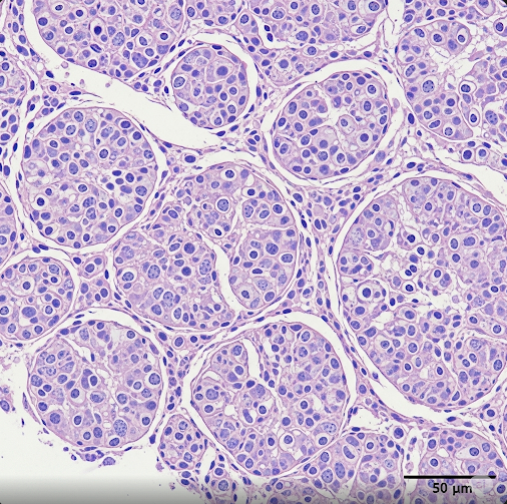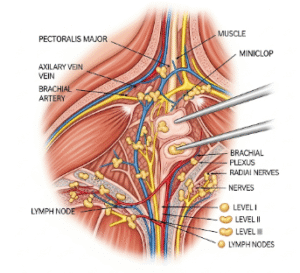Overview
Renal oncocytoma is a rare, benign kidney tumor that originates from the cells of the kidney’s collecting ducts. Although benign and usually slow-growing, it can be difficult to distinguish from malignant renal tumors based on imaging alone. Korea offers advanced diagnostic methods and precise surgical treatments to manage renal oncocytoma effectively.
What is Renal Oncocytoma?
Renal oncocytoma is a non-cancerous tumor composed of large eosinophilic cells with abundant mitochondria. It accounts for about 3-7% of all renal tumors. While it rarely causes symptoms, it is often discovered incidentally during imaging for other reasons.
Symptoms
- Often asymptomatic and found incidentally
- Possible flank pain or hematuria in larger tumors
- Rarely, palpable abdominal mass
Causes
- Exact cause is unknown
- Possibly related to genetic mutations and mitochondrial abnormalities
Risk Factors
- More common in middle-aged and older adults
- Slight male predominance
- No clear environmental or lifestyle risk factors
Complications
- Very low risk of malignant transformation
- Potential for tumor growth causing local symptoms or kidney function impairment
Prevention
- No known prevention methods due to unclear cause
- Early detection through routine imaging can aid management
Treatment Options in Korea
Diagnosis
- Ultrasound, CT, and MRI used to identify tumor characteristics
- Biopsy may be performed for definitive diagnosis in uncertain cases
- Imaging helps differentiate from malignant renal tumors, though definitive diagnosis often requires pathology after surgery
Medical Treatments
- Active surveillance may be appropriate for small, asymptomatic tumors
- Regular imaging follow-up to monitor tumor growth
Surgical Treatments
- Partial nephrectomy (kidney-sparing surgery) is preferred for removing the tumor while preserving kidney function
- Radical nephrectomy reserved for large or complicated tumors
- Laparoscopic and robotic-assisted surgeries are common in Korea, offering minimally invasive options with faster recovery
Advanced Therapies
- Use of intraoperative frozen section pathology to confirm diagnosis during surgery
- Precision surgical techniques to maximize renal preservation
Rehabilitation and Support
- Postoperative monitoring with imaging and kidney function tests
- Supportive care for recovery and maintaining renal health
- Patient education on signs of recurrence or complications
Top Hospitals or Clinics in Korea for Renal Oncocytoma
- Seoul National University Hospital – Expertise in kidney tumor surgery and diagnostics
- Asan Medical Center – Leading center for minimally invasive urologic oncology
- Samsung Medical Center – Advanced robotic kidney surgeries
- Yonsei Severance Hospital – Comprehensive kidney tumor care and research
- Korea University Anam Hospital – Skilled in urologic tumor management and follow-up













